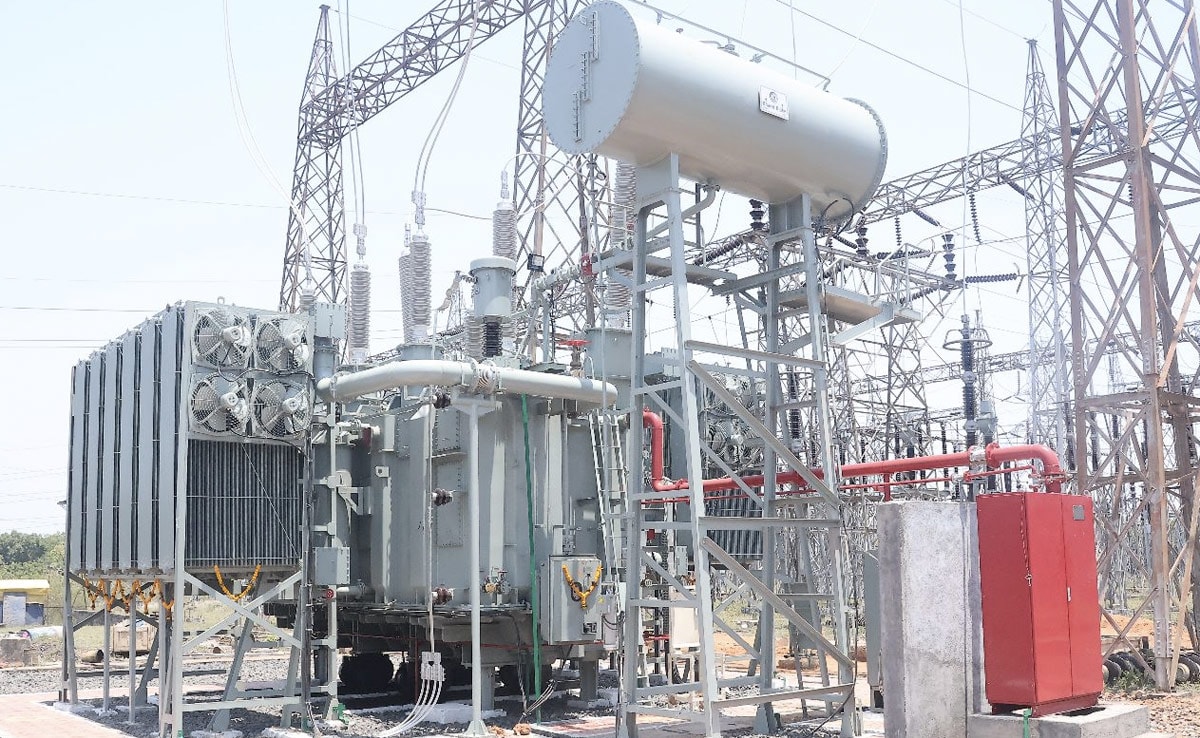RWAs liable to pay 18% GST on electricity bills if flat owners charged more than tariff by discoms
Real estate developers and RWAs will be liable to pay 18 per cent GST on electricity bills if they charge from flat owners more than the power tariff prescribed by Discoms.
The Central Board of Indirect Taxes and Customs (CBIC) has issued a clarification on the applicability of GST on reimbursement of electricity charges received by real estate companies, malls, airport operators etc from their lessees/occupants.
As per the clarification, where electricity is supplied by the real estate owners, resident welfare associations (RWAs), real estate developers etc as a pure agent, it will not form a part of the value of their supply.
It further said where they charge for electricity on an actual basis that is, they charge the same amount for electricity from their lessees or occupants as charged by the state electricity boards or Discoms, they will be deemed to be acting as 'pure agent' for this supply, and hence GST will not be levied.
The CBIC clarification came after doubts were raised on the applicability of GST on the electricity supply by real estate companies, malls, airport operators etc to their lessees or occupants.
It is clarified that whenever electricity is being supplied bundled with renting of immovable property and/or maintenance of premises, as the case may be, it forms a part of the composite supply and shall be taxed accordingly.
The principal supply is renting of immovable property and/or maintenance of the premise, as the case may be, and the supply of electricity is an ancillary supply as the case may be.
"Even if electricity is billed separately, the supplies will constitute a composite supply, and therefore, the rate of the principal supply i.e. GST rate on renting of immovable property and/or maintenance of premise, as the case may be, would be applicable," the CBIC said.
However, where the electricity is supplied by the real estate owners, RWAs, real estate developers etc as a 'pure agent', it will not be considered as a supply, and hence no tax will be levied, it added.
AMRG & Associates Senior Partner Rajat Mohan said the CBIC has provided clarification regarding the tax treatment of electricity supply when bundled with the rental of immovable property and/or maintenance of premises.
"In such cases, this arrangement is considered a composite supply and is subject to a tax rate of 18 per cent. It is important to note that billing for electricity separately will not neutralise the tax liability," Mohan said.
However, when electricity is supplied by developers and RWAs in the capacity of a "pure agent," it will be exempt from taxation.
"It is worth mentioning that this clarification may not offer relief to every taxpayer, as the conditions specified in the 'pure agent' rules are quite stringent. Moreover, the detailed breakdown of various components within electricity bills, especially in a large apartment community setting, can be complex and challenging," Mohan added.
EY Partner Saurabh Agarwal said the recent clarification issued by the CBIC has raised significant concerns within the real estate sector.
"Going forward, the said clarification may lead to an increase in the rental cost, as landlords may factor the GST cost on electricity when determining lease rental amounts," Agarwal said.
In cases where real estate companies convert high-tension lines to low-tension lines and charge higher rates due to transmission loss, the implications of this clarification remain a point of concern.
"This clarification provides the tax department with a basis to address previous issues and potentially issue new notices to landlords who have not charged GST on electricity reimbursements," Mr Agarwal added.
(Except for the headline, this story has not been edited by NDTV staff and is published from a syndicated feed.)






Leave a Reply